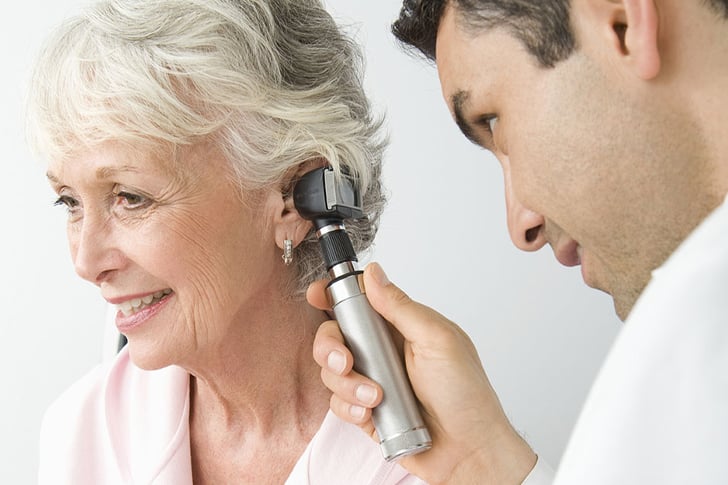Home
>
Health
>
Optimal Tips for Hearing Tests, Hearing Aids, and Auditory Health
Optimal Tips for Hearing Tests, Hearing Aids, and Auditory Health
Ensuring good auditory health significantly enhances quality of life. Here’s comprehensive advice on hearing tests, hearing aids, and maintaining optimal auditory health.

Importance of Regular Hearing Tests
Regular hearing tests are essential for detecting auditory issues early. Early diagnosis can lead to more effective treatment and management. Here’s what you need to know:
1. When to Get a Hearing Test
- Schedule a hearing test every one to two years if you’re over 50 or have a family history of hearing loss.
- If you notice any signs of hearing loss, such as difficulty in understanding speech, ringing in the ears, or needing higher volumes on electronic devices, book a test immediately.
2. Types of Hearing Tests
- Measures your ability to hear sounds at various pitches and volumes.
- Assesses how well you can hear and repeat words at different volumes.
- Checks for problems in the middle ear, like fluid build-up or eardrum abnormalities.
Choosing the Right Hearing Aids
Selecting the appropriate hearing aid can dramatically improve your life. Here’s how to choose the top one:
1. Types of Hearing Aids
- Suitable for all degrees of hearing loss, these are durable and versatile.
- Custom-fitted and less visible, but may not be suitable for severe hearing loss.
- Smaller and more discreet, though might be challenging for people with dexterity issues.
2. Features to Consider
- Essential for distinguishing speech in noisy environments.
- Improve hearing in challenging settings by focusing on sound from a specific direction.
- Allows for better hearing in public places equipped with hearing loop systems.
- Syncs hearing aids with smartphones, computers, and other devices for direct audio streaming.
3. Getting the Perfect Fit
- Visit an audiologist to get a hearing aid tailored to your ear shape and hearing needs.
- Take advantage of trial periods offered by many providers to ensure comfort and effectiveness.
Maintaining Optimal Auditory Health
Healthy ears are vital for overall well-being. Here are some tips to keep your ears in top condition:
1. Protect Your Ears from Loud Noises
- In loud environments such as concerts, sporting events, or while using machinery.
- Follow the 60/60 rule - listen at no more than 60% volume for no more than 60 minutes a day through earphones.
2. Regular Ear Cleaning
- Don’t use cotton swabs or other objects that could push wax deeper into the ear canal.
- Over-the-counter ear drops can help soften and remove earwax safely.
3. Healthy Lifestyle Choices
- Regular physical activity improves blood flow to the inner ear, supporting healthy auditory function.
- Tobacco smoke can negatively affect your hearing.
- Eating foods rich in vitamins A, C, and E, along with magnesium, can protect against hearing loss.
Coping with Hearing Loss
If you’re facing hearing loss, it’s essential to adapt and use available resources:
- Beyond hearing aids, devices like amplified phones, TV listening systems, and alerting systems with visual cues can help.
- Learn and use strategies such as reading lips, asking people to speak clearly and facings you, and reducing background noise during conversations.
Final Words on Hearing Health
Maintaining your auditory health involves regular hearing tests, choosing the right hearing aids, and consistent ear care. By taking proactive steps, you can ensure your hearing remains as clear and effective as possible for years to come.



